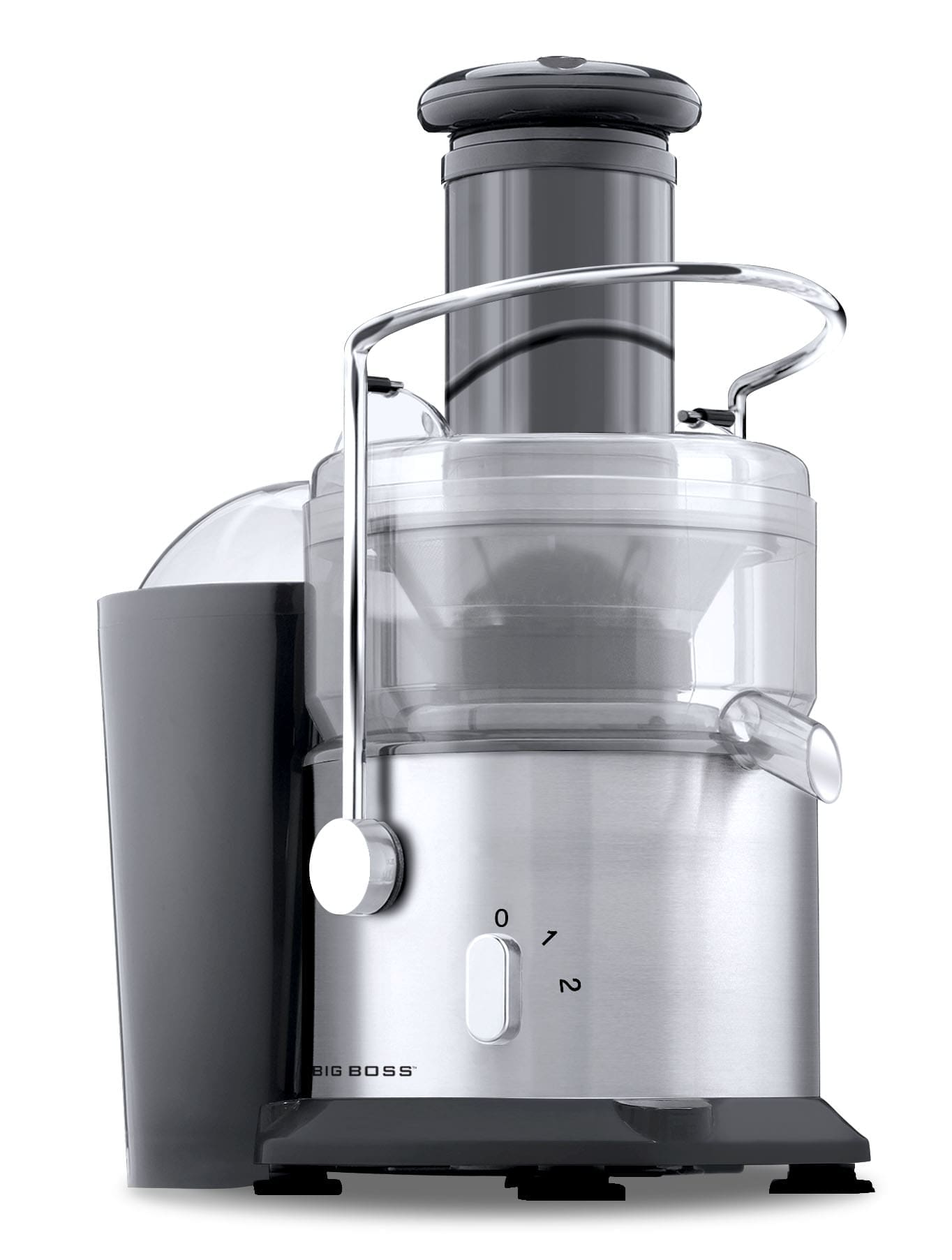7 Tips To Choose The Right Sunscreen
How to Choose the Right Sunscreen: 7 Tips to Help You Decide
You know that you need to use sunscreen when you spend time outdoors, even if it’s only for a short period of time. That’s especially true in the summer when the sun’s rays are at their highest intensity. However, with so many different all natural sunscreen and traditional sunscreen products lining store shelves it can be hard to know what’s really worth buying and what’s going to work for you. Luckily buying sunscreen doesn’t have to be a guessing game.

Use these seven tips to help you find the right sunscreen to keep your skin protected and safe year-round.
- Choose a broad-spectrum sunscreen all the time. Broad-spectrum sunscreens help to protect your skin from both UVA and UVB rays. UVA rays don’t cause sunburn but can contribute to long-term skin problems like skin cancer.
- Start with SPF 15. Most people can use SPF 15 for about 150 minutes of protection without reapplying. However, if you have very fair skin or you have a family history of skin cancer, look for an SPF rating of 30 or higher.
- Look for products that contain zinc oxide, ecamsule, avobenzone or titanium dioxide. These help protect the skin against UVA rays the best.
- Choose all natural products that contain zinc oxide. If finding a sunscreen that is all natural is very important to you, it most likely will need to contain zinc oxide to be effective. New all natural products that contain zinc oxide won’t make your skin ghostly white or pale like versions you may remember from your youth would, either.
- Make sure the sunscreen you buy is water and sweat resistant. If you’re like most people, you’ll be using your sunscreen outside in the summer time. Sweating or swimming can cause any sunscreen to run, but special formulas can help it stay on your skin to protect you longer. Reapply often anyway.
- Test sunscreen before you buy if you have allergies. Sunscreens do contain ingredients that can bother some people with sensitive skin. Natural versions that utilize zinc oxide tend to do this less, so look for one of those first. Always test sunscreen on a small patch of sensitive skin like the crook of your arm or behind your knee.
- Buy a product you like. Some sunscreens feel oily, others have an odor that you may find unpleasant. If you buy something you don’t like you won’t use it. That’s especially true if you have kids that will be using it as well.


3 Comments
Pingback:
Rosie
These are good tips! I recently got some sunscreen that was natural, but I didn’t realize I would look white as a ghost with it on – I’m still using it, though!
Shannon
Thank you for these tips. I will have to check these if I plan to be in the sun for a while. I burn so easy.